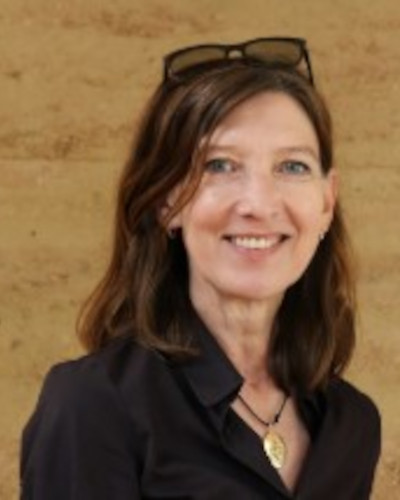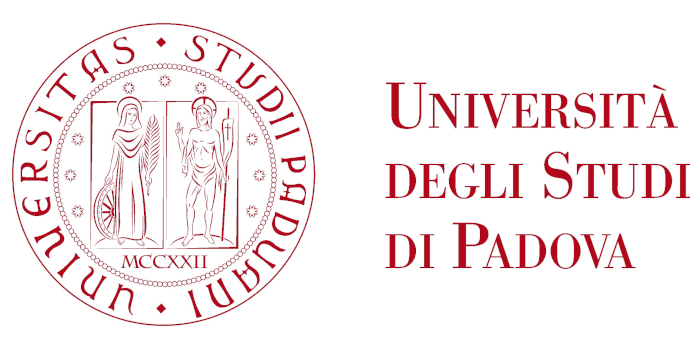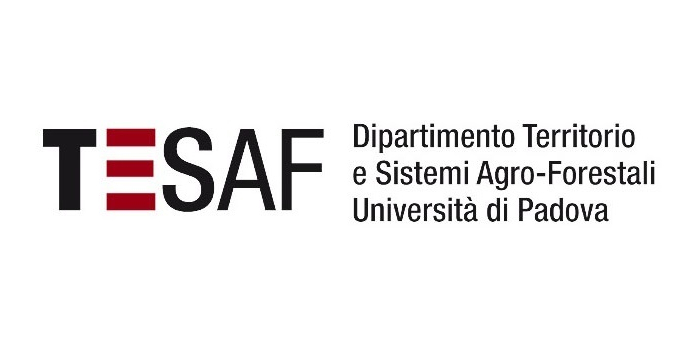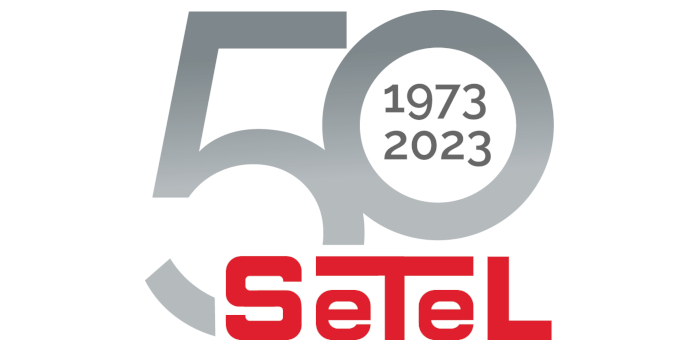Recent advancements for sensors and technologies in horticultural crops
Manuela Zude-Sasse, PhD
Leibniz Institute for Agricultural Engineering and Bioeconomy (ATB), Germany
ABSTRACT
Describing the plant status in digital format has been approached in recent decades by means of in-situ data acquisition and development of digital shadows. The new information may provide valuable knowledge for sustainable fruit production. From a farmers’ perspective “farming with sensors is so much easier”, since knowledge on the crop in real-time assists precise management decisions, avoiding errors and gaining management flexibility. To meet these goals, sensors should collect plant data in-situ and apply the data as input variables in physiological models. On one side, tools of information and communication technology (ICT) - such as satellites, drones, autonomous platforms, wireless networks, data management techniques - exist for all scales to support the data acquisition by means of remote, close-range remote, and proximal sensors directly in the production and postharvest process. On the other hand, the translation of sensor data into information on the crop and knowledge of the process is still challenging. Sensor data frequently provide plant data and artefacts, which is still challenging in the data acquisition under field conditions. Subsequently, the plant information needs to be turned into knowledge for supporting the decision making in the agronomic process, e.g. by means of a digital twin with several submodels. Examples show that this concept may support sustainable fruit production.
SPEAKER BIOGRAPHY
Manuela Zude-Sasse obtained a PhD at the Technical University Berlin, became Associate Professor at Humboldt University with habilitation in “Applied Plant Physiology”, and subsequently Professor at the Beuth University of Applied Science Berlin, Germany. Presently, she serves as group leader for PRECISION HORTICULTURE at the Leibniz Institute for Agricultural Engineering and Bioeconomy, meanwhile publishing >100 IF papers, editing several special issues of international journals and a book on optical methods for crop sensing. The author works in the areas of sensor development, and turning the signals into plant information. The information obtained can potentially be used in the agronomic processes. Specific interests are the physical properties of fresh fruit; in-situ assessment of fruit and vegetables by means of spectral-optical analyses; application of sensor data in precision Horticulture.








